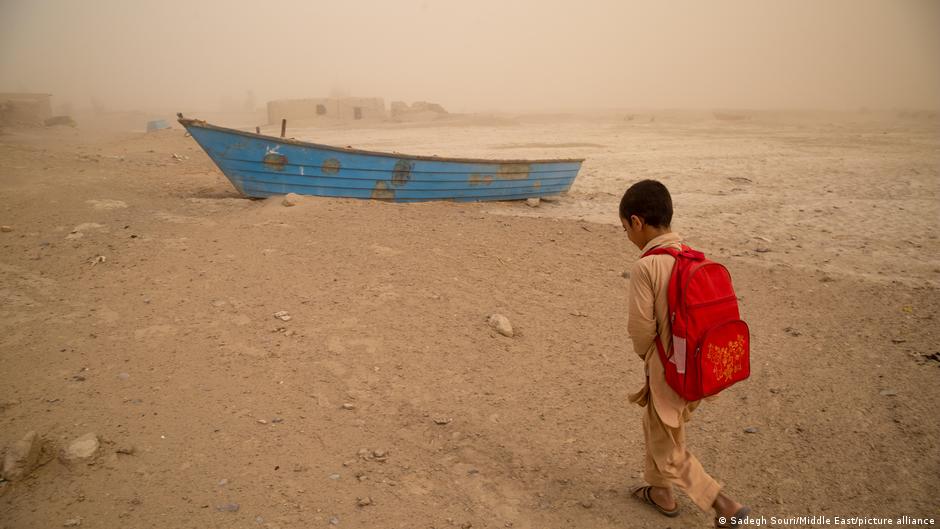- Iran’s drought: A disaster in slow motion dw.com
- As the dams feeding Tehran run dry, Iran struggles with a dire water crisis Al Jazeera
- The Thirst of a Nation Middle East Forum
- A small amount of water pours out of the faucet following a drought…
Iran's drought: A disaster in slow motion – dw.com
